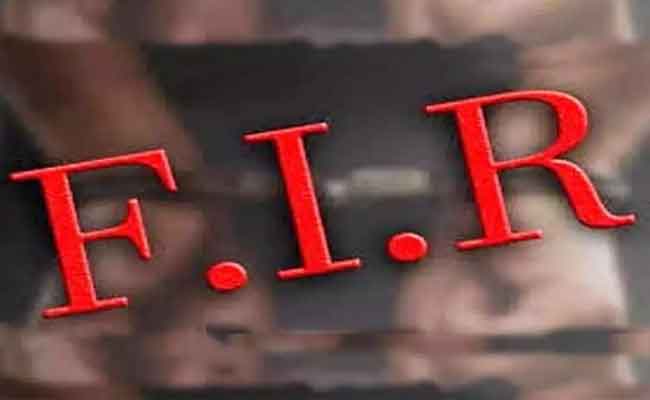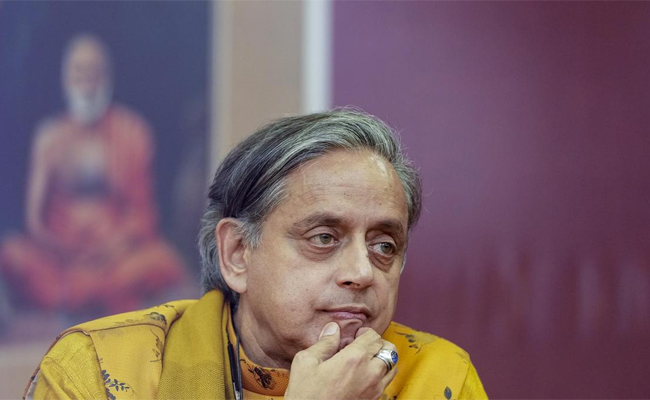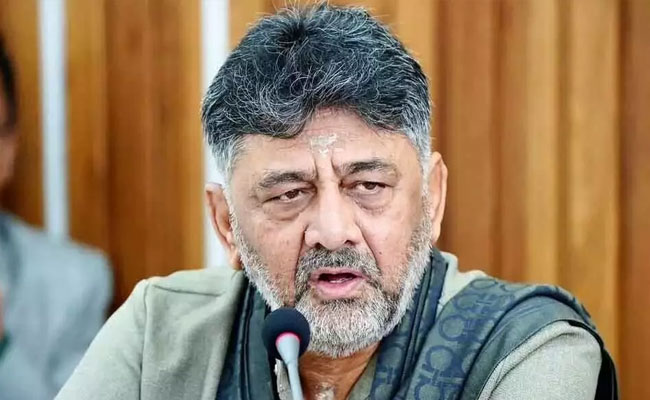Padubidri: A complaint and a counter-complaint have been filed at the Padubidri Police Station in relation to a fight between drivers of a bus and a car on Monday morning. In addition, a case has been booked by the police for spreading fake information on social media regarding the fight.
The complainants and counter-complainants have told the police that the incident occurred at Padubidri, where the driver of a private express bus, Shailendra (Shailu), had an argument with a car driver, Ismail Atique, a resident of Mulki, for overtaking. The verbal duel had intensified and Ismail had attacked Shailendra, they added.
A website carrying the news, however, had stated that the situation in Padubidri was tense after a bus driver was stabbed. The news was also shared by many social media users.
The Padubidri Police have booked a case against the fake news perpetrators, including the website, under Indian Penal Code Section 505(2). As instructed by the police, the fake news video has been deleted from the website, but the police have also warned people of having to face legal action in case of spread of false information on websites, the officer has said.
Let the Truth be known. If you read VB and like VB, please be a VB Supporter and Help us deliver the Truth to one and all.
New Delhi (PTI): Senior Congress leader Shashi Tharoor had a witty take on Kerala's name change on Tuesday, asking what happens now to the terms "Keralite" and "Keralan" for the "denizens" of the new "Keralam".
In a lighter vein, Tharoor said 'Keralamite' sounds like a microbe and 'Keralamian' like a rare earth mineral.
The Union Cabinet chaired by Prime Minister Narendra Modi on Tuesday approved the proposal for altering the name of Kerala to Keralam.
Ahead of the Cabinet decision announcement, Tharoor said, "All to the good, no doubt, but a small linguistic question for the Anglophones among us: what happens now to the terms 'Keralite' and 'Keralan' for the denizens of the new 'Keralam'?
"'Keralamite' sounds like a microbe and 'Keralamian' like a rare earth mineral ! @CMOKerala might want to launch a competition for new terms resulting from this electoral zeal," he said, sharing the media report on the name change.
The Legislative Assembly of Kerala passed a resolution on June 24, 2024 to alter the name of Kerala to Keralam'.
Thereafter, the government of Kerala requested the government of India to take necessary steps to amend the First Schedule to the Constitution by altering the name of Kerala to Keralam according to Article 3 of the Constitution.
The matter regarding the alteration of the name Kerala to Keralam was considered in the Ministry of Home Affairs, government of India and with the approval of Union Home Minister Amit Shah, the draft note for the Cabinet for changing Kerala to Keralam was circulated to the Department of Legal Affairs and Legislative Department, and the Ministry of Law and Justice for their comments.
The Department of Legal Affairs and Legislative Department, and the Ministry of Law and Justice have concurred with the proposal for the alteration of Kerala as Keralam.
After approval of the Union Cabinet, the president of India will refer a Bill, namely the Kerala (Alteration of Name) Bill, 2026 to the State Legislative Assembly of Kerala for expressing its views under the proviso to Article 3 of the Constitution of India.
After receipt of the views of the State Legislative Assembly of Kerala, the government of India will take further action and the recommendation of the president will be obtained for the introduction of the Kerala (Alteration of Name) Bill, 2026 for the alteration of Kerala as Keralam in Parliament.
Meanwhile, on Monday night, Tharoor said he was truly pleased to see C Rajagopalachari honoured by a statue at Rashtrapati Bhavan.
"He was its first Indian occupant as the only Indian Governor-General of India, before we became a Republic and he yielded his seat to the new President. I have long admired his convictions and was a strong supporter of his Swatantra Party in my student days," Tharoor said.
"His set of values and principles -- liberal economics and support for free enterprise, combined with social justice; strong anchoring in Indian civilization and religious faith but without a shred of communal bigotry; and a staunch faith in the rights & freedoms guaranteed by the Constitution, including keeping the government out of our kitchens, bedrooms and libraries -- remain mine to this day," the Congress MP said.
It is sad that there are so few left to follow him today, Tharoor added on X.





